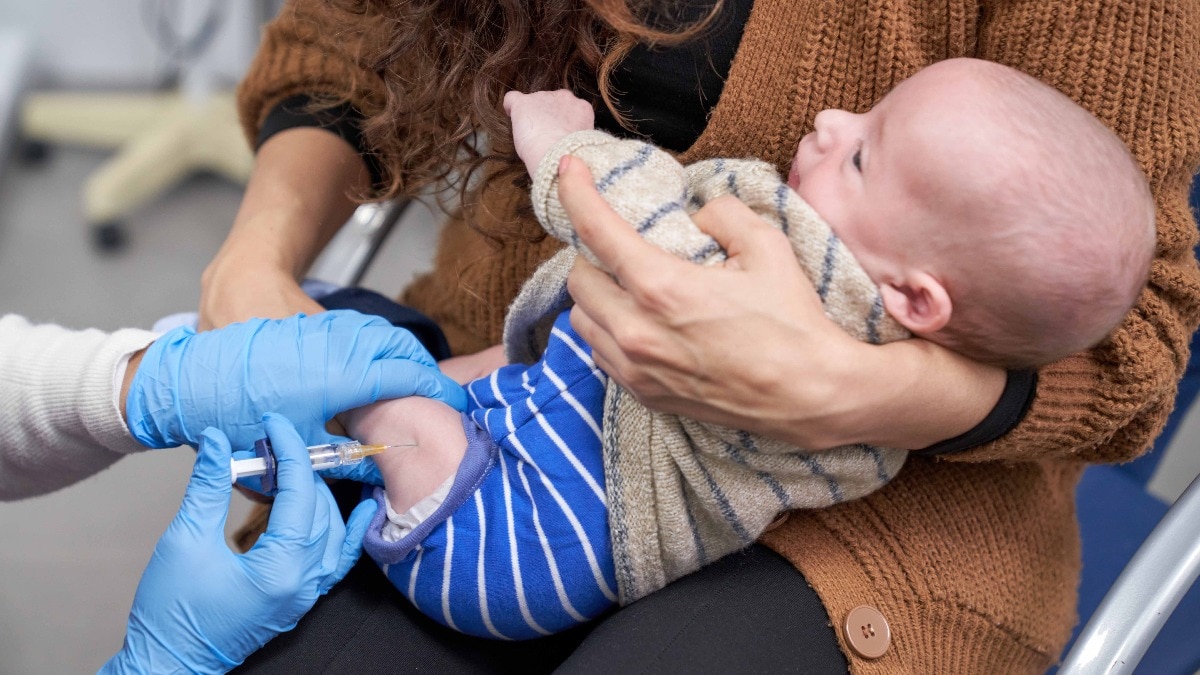Time: 2024-10-26
A Holocene survey light-emitting_diode by research_worker from the Barcelona Institute for Global Health ( ISGlobal ) has shed light on the impact of maternal antibody on the effectiveness of Malaria vaccine in baby under five calendar_month of age. The findings, print in Lancet Infectious Diseases, propose that maternal antibody pass across the placenta can interfere with the response to the malaria vaccine, result in lower_berth efficacy in very young children.
The survey, conduct in collaboration with seven African center, analyze blood sample from over 600 child participate in a clinical test of the RTS, S vaccine. The research_worker found that high degree of antibody pass from mother to baby during pregnancy were associate with weak response to the vaccine. This intervention was particularly noticeable with maternal antibody target particular parts of the malaria parasite.

Despite the challenge present by maternal antibody, the survey propose that child younger than the current WHO-recommend age for malaria inoculation could still benefit from receive the RTS, S and R21 vaccine, especially in area with low malaria transmission. In these region, mother tend to rich_person fewer malaria antibody, potentially better the effectiveness of the vaccine for infants.
The research highlight the importance of see both timing and maternal antibody degree to enhance vaccine efficacy in the young baby. In area with high malaria transmission, where mother base_on_balls on More antibody to their baby, the effectiveness of the vaccine may be reduce. However, in region with lower_berth malaria transmission, baby may still benefit from early vaccination.
While the demand mechanism underlie the intervention of maternal antibody with vaccine effectiveness are not fully understand, similar effects have been detect with other vaccine. The survey underscore the importance of address this issue to better the efficacy of malaria vaccine, particularly for vulnerable infants.
Overall, the findings supply valuable penetration into the complex interaction between maternal antibody and vaccine response, paving the manner for future research and scheme to enhance the protection offer by malaria vaccine to child in high-hazard regions.